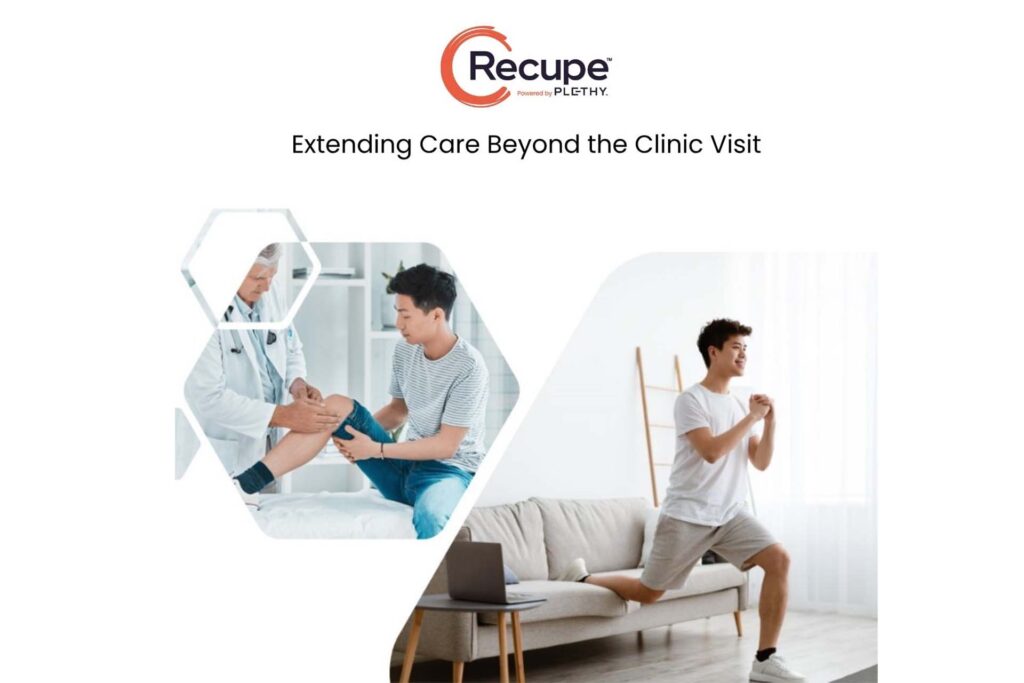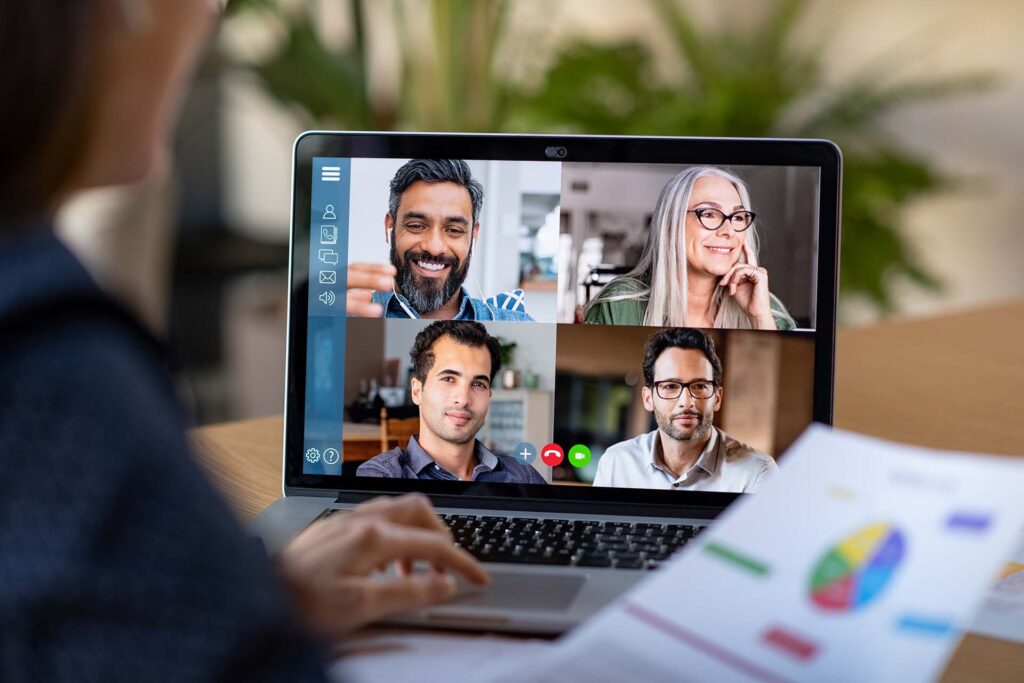WORKERS' COMP THOUGHT LEADERSHIP SERIES
Simple Ideas for a Complex System
Presented by


Health Literacy and the Path to Recover
by Raja Sundaram | CEO, Plethy
At Plethy, we believe musculoskeletal recovery needs a fresh playbook, one that meets patients where real healing happens: at home. Whether you’re in the healthcare world or the property and casualty, workers’ comp space, you’ve likely felt the same challenges around MSK care for years: patients losing motivation between visits, providers lacking visibility once patients leave the clinic, rising injury- related costs, and access barriers that especially impact rural patients. These obstacles delay recovery, create unnecessary complications, and extend time away from work, affecting providers, claims teams, employers, and most importantly, patients.
→ Hear Raja discuss this firsthand on the podcast
Plethy’s mission is simple: keep patients engaged in their recovery every day, not just on clinic days. As our CEO Raja Sundaram explains, the key is helping patients follow the plan prescribed by their physician and physical therapist at home. Recupe does this through a simple app, a wearable sensor, and most importantly, personal coaching. It is not about replacing the clinical team, it is about extending their reach. Patients feel supported, while providers finally gain visibility into what is happening between visits. As one surgeon described, compliance has always been the biggest unknown in MSK care, until now. Recupe solves that by showing who is doing their exercises, how they are progressing, and where extra support may be needed.
→ For deeper insights, listen to Raja break this down in the episode.
This approach has had a major impact in workers’ comp, where compliance challenges, psychosocial factors, and return to work pressure can slow progress. Workers’ comp programs need confidence that injured workers are supported and progressing, and Recupe provides exactly that. Coaches keep patients on track, encourage them to attend PT, step in when engagement drops, and escalate concerns to providers early. Raja refers to this as “mind the gap,” supporting patients in the space between clinic visits, particularly in regions where PT access is limited. Rural patients may only see a therapist once every week or two, and Recupe ensures recovery does not stall in between.
This model worked so well in workers’ comp that it helped pave the way for broader health system adoption. As Raja often says, the injury is the same, only the payer changes, and lessons from one side have strengthened results in the other. Today, Recupe is used across orthopedic groups, large health systems, spine groups, neuro groups, and multiple payer segments to support knee, hip, shoulder, spine, ankle, and other MSK recoveries. It has proven its value not as a pilot or a concept, but as a scalable and trusted solution.
What makes this approach stand out is not just the technology, it is pairing tech with human support. Patients feel like they have a real team behind them, cheering them on, monitoring their progress, and giving them timely feedback. Instead of feeling alone after surgery or after an injury, they feel guided and empowered. In turn, providers receive meaningful, actionable recovery data and can adjust care quickly based on real world performance. This leads to faster return to work, stronger outcomes, fewer complications, and higher satisfaction for everyone involved.
→ Watch the podcast to hear stories illustrating this impact.
The future of MSK care is hybrid, a blend of clinical expertise, supportive technology, and real human encouragement. It is a model that drives accountability, accelerates recovery, and keeps care teams and patients aligned every step of the way. For healthcare systems and workers’ comp partners alike, it is not just a new approach, it is a better one. The path forward is clear: when patients feel supported at home, they recover stronger, faster, and more confidently, and everyone wins.
Don’t miss the full conversation — scroll down to watch the podcast with Raja to learn more.


